9x Nung people sold all their furniture to buy a "be be" animal to escape poverty.
Thursday, March 21, 2024 07:41 AM (GMT+7)
After failing to find work abroad, Ms. Chang Thi Ngoc (born in 1994, Nung ethnic group) returned to her hometown in Nan Ma commune, Xin Man district, Ha Giang province to find a way out of poverty. From a goat given to her, she sold all the furniture in the house to buy 2 more goats and successfully bred them.

Xin Man is a mountainous district in the western border of Ha Giang province and is a poor district according to Resolution 30a of the Government . This is home to 16 ethnic groups such as Kinh, Tay, Nung, Mong, Phu La, Hoa, La Chi, Cao Lan... Due to the specific factors of geographical location, large residential area, backward customs and practices in some places, low educational level, the life of ethnic minorities here faces many difficulties.
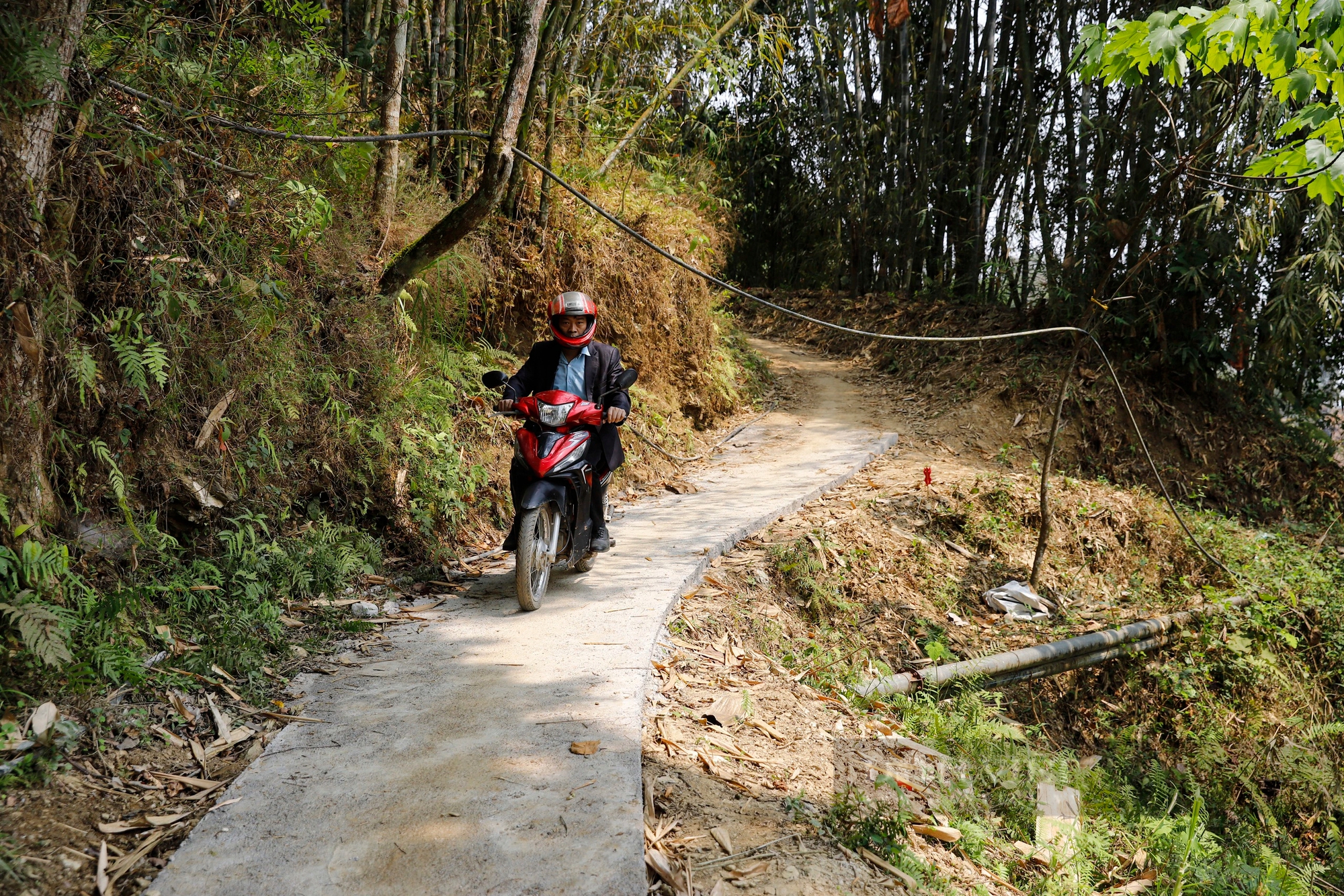
From the center of Xin Man district, we traveled about 10 km on the forest road to Nan Ma commune to visit some economic development models and learn about the lives of the ethnic people here.
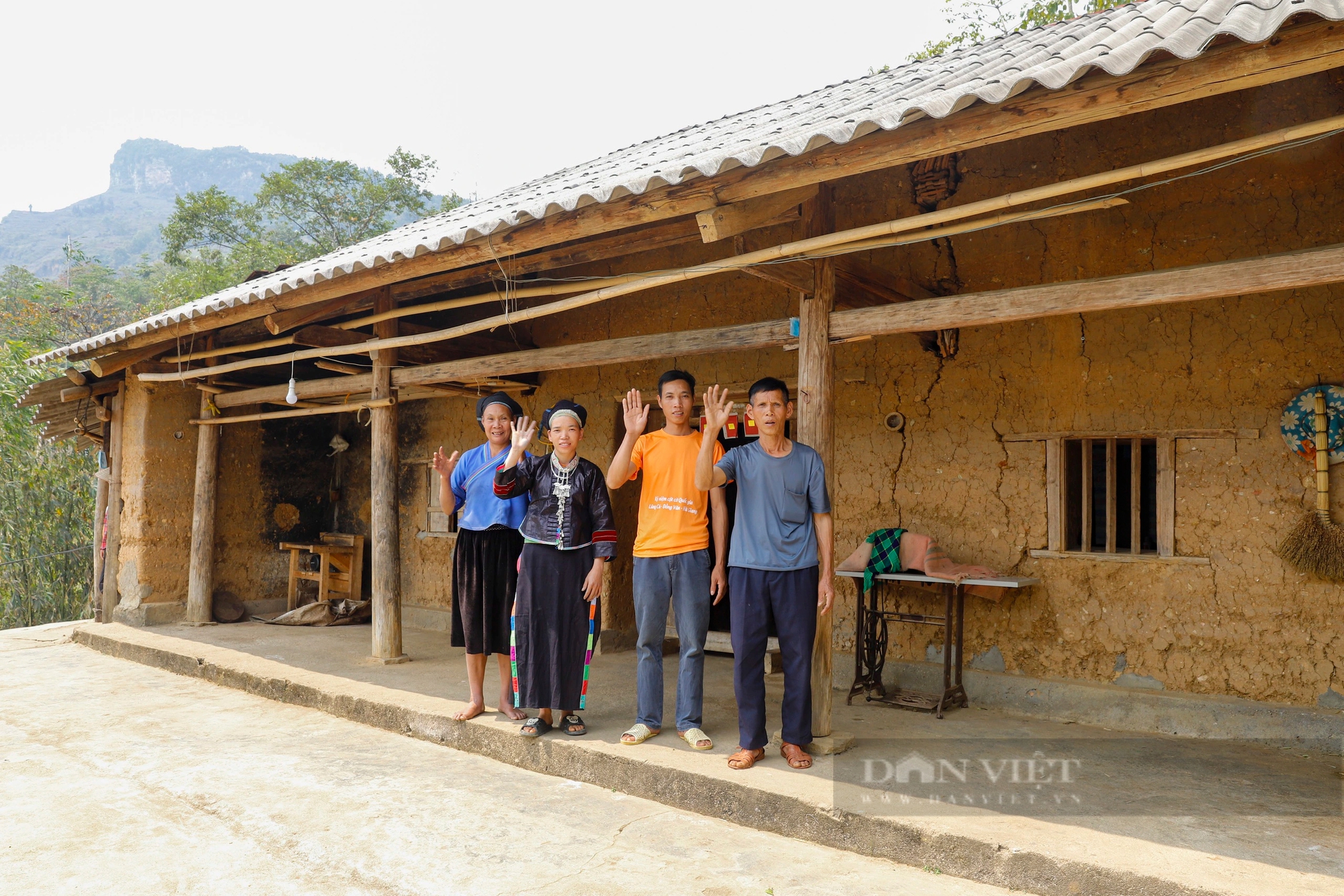
At the traditional Nung house of Ms. Chang Thi Ngoc's family (born in 1994), we heard extremely interesting stories and clearly saw positive changes, a Nan Ma that still has difficulties, but has made outstanding efforts to rise up.
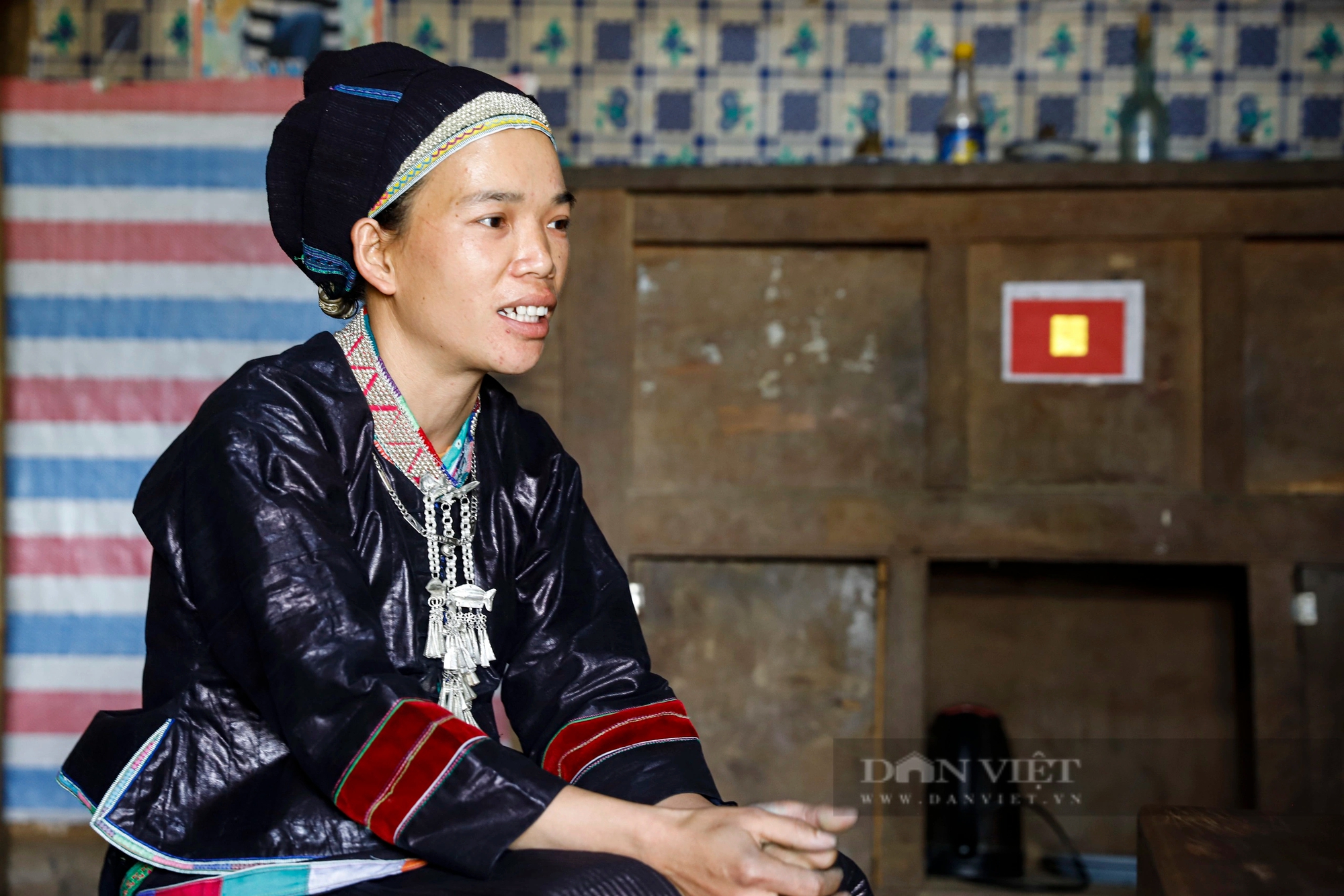
In a small house but hiding many ambitions to escape poverty, Ms. Chang Thi Ngoc shared that before, she and her husband went to big cities to work as construction workers. But when the Covid-19 epidemic broke out, she and her husband had no jobs, had to return to their hometown and did not know what to do to make a living. "Because in my hometown, I was only familiar with farming and raising livestock but had no capital. After accessing information on the project to strengthen economic empowerment for ethnic minority youth of Plan International (an international non-profit organization in the field of children's rights with the aim of eliminating poverty and for comprehensive development) from the commune government and the local agricultural department, I was supported with a breeding goat worth more than 2 million VND, then I went to learn from the surrounding houses and sold all the furniture in the house to buy 2 more goats for breeding.
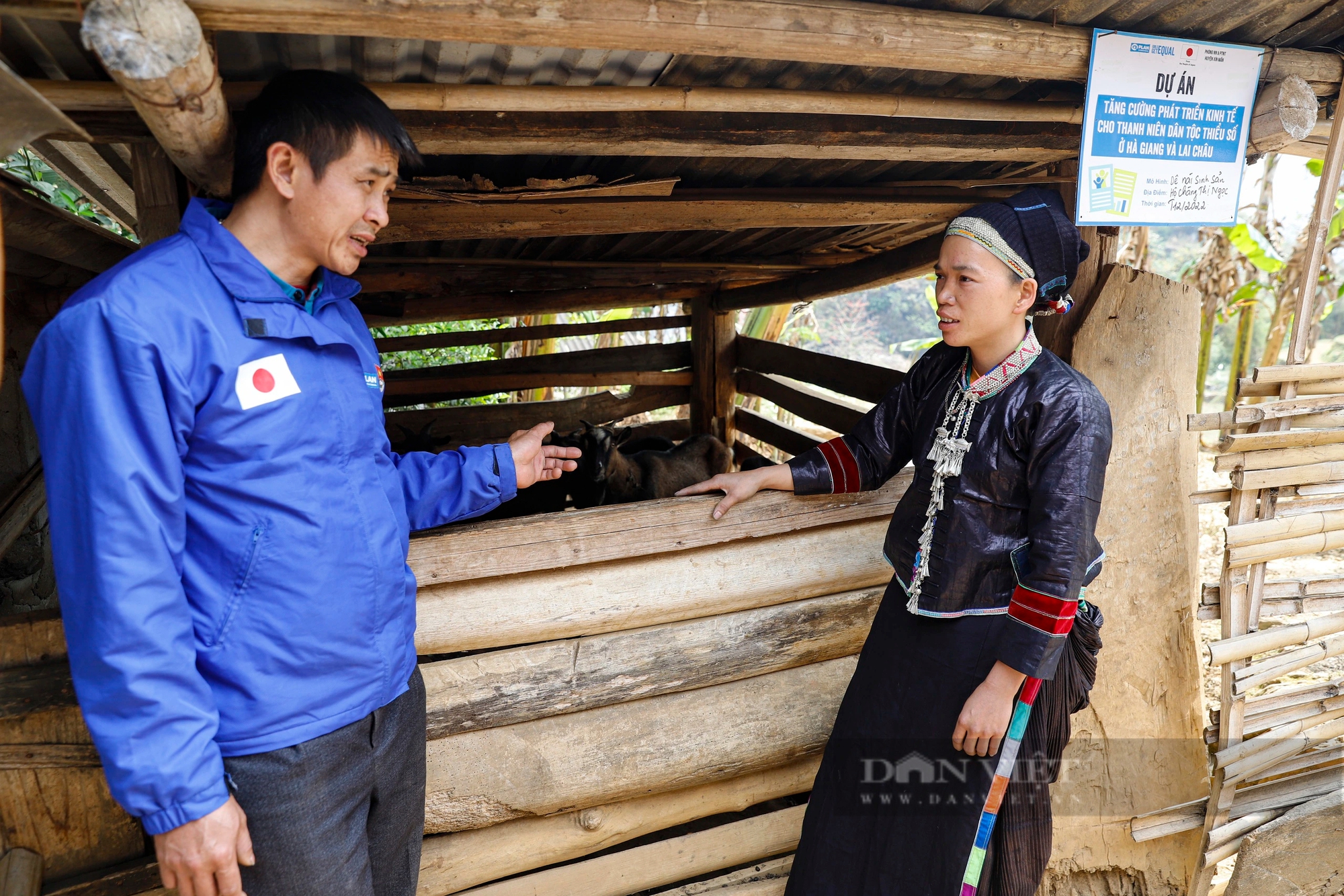
After about more than 1 year, from August 2022 until now, from 3 goats, Ms. Ngoc has bred them into 9 and sold them for 3 million VND/goat.
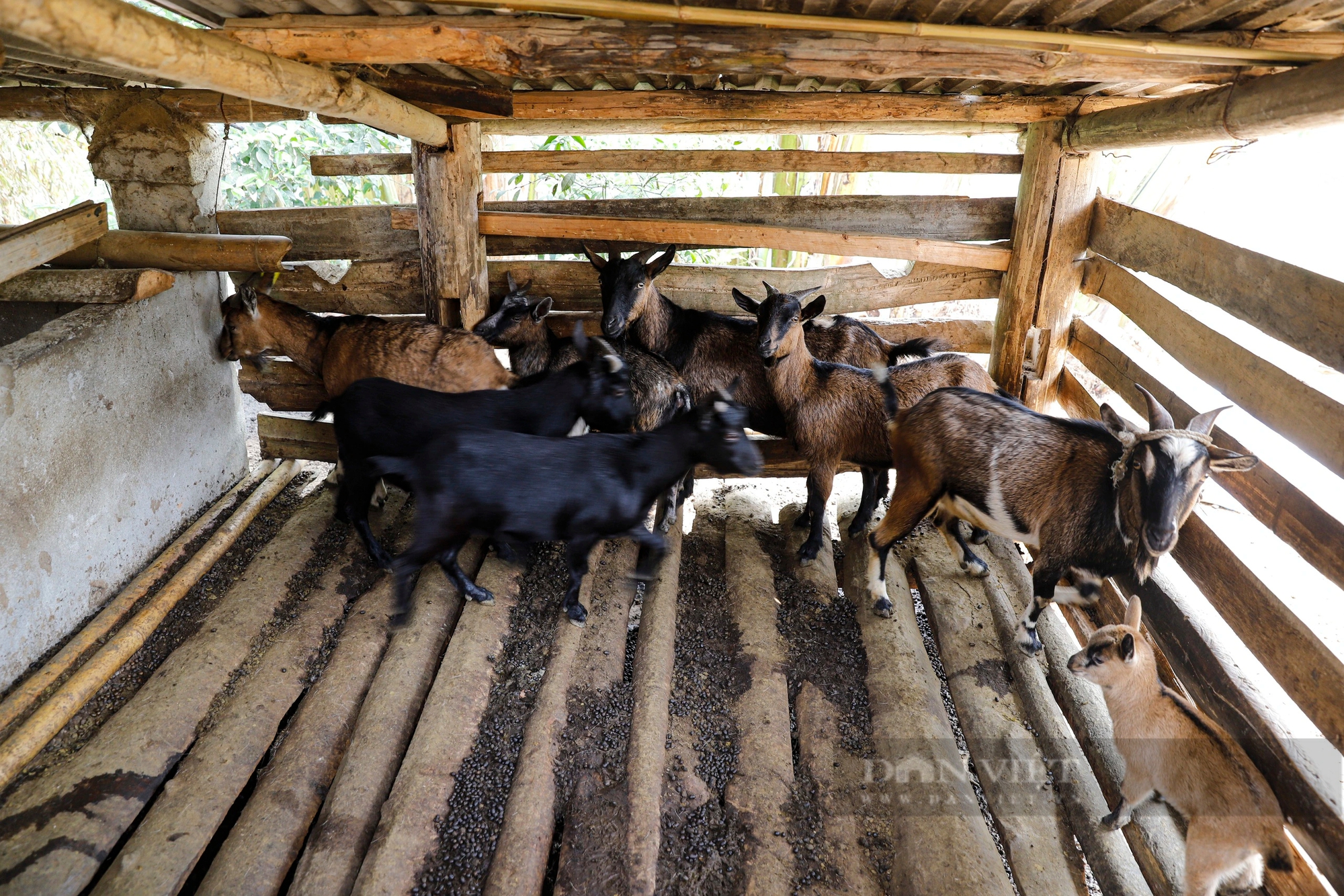
According to Ms. Ngoc, the cost of raising goats is not to spend money on food because they are allowed to graze naturally, and goats rarely get sick so they almost don't have to spend money on medicine. "Goats mainly get foot-and-mouth disease. I just need to get sour fruits from the forest to cure the goats," Ms. Ngoc said.
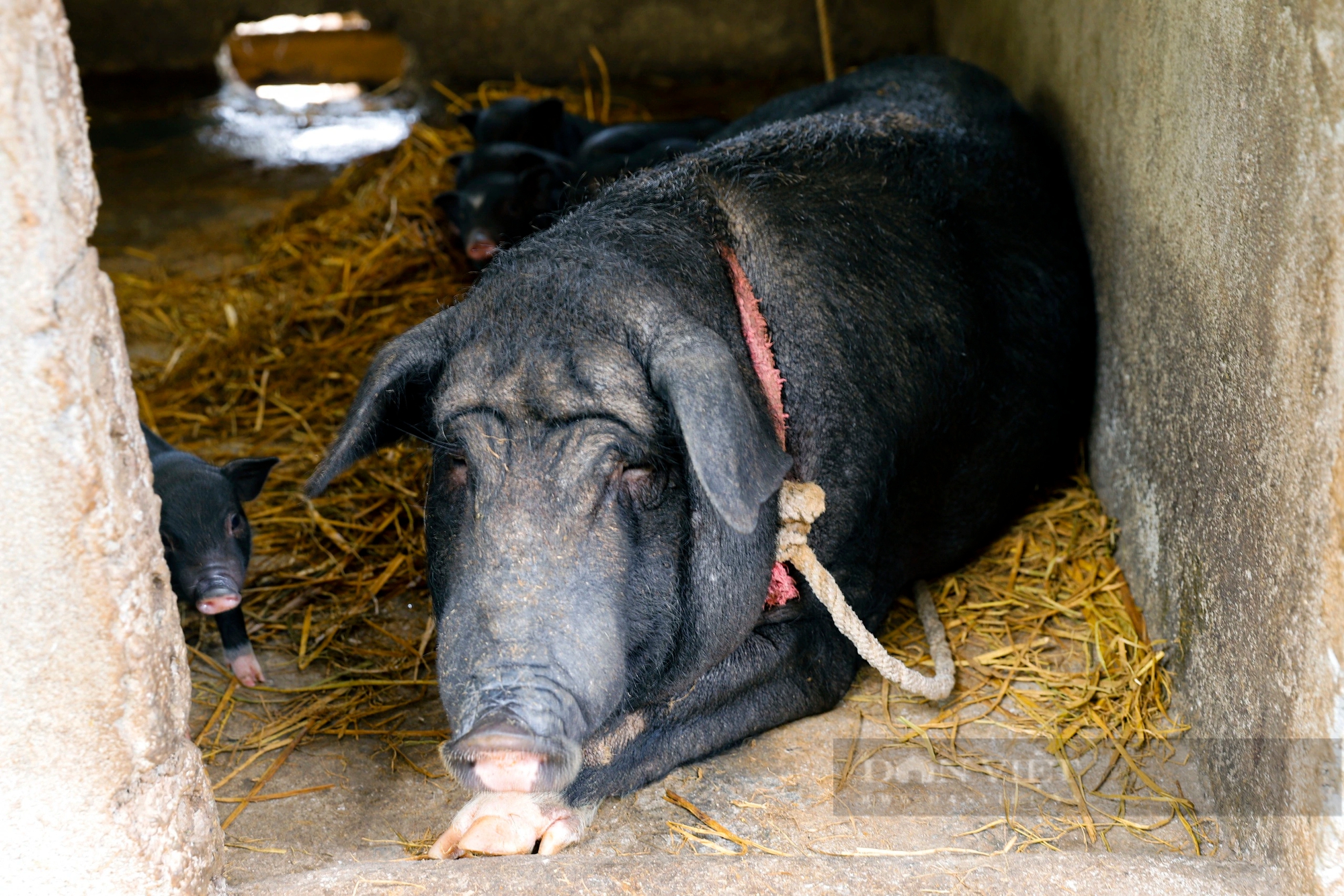
Besides, Ms. Ngoc also raises and breeds black pigs to increase her income.
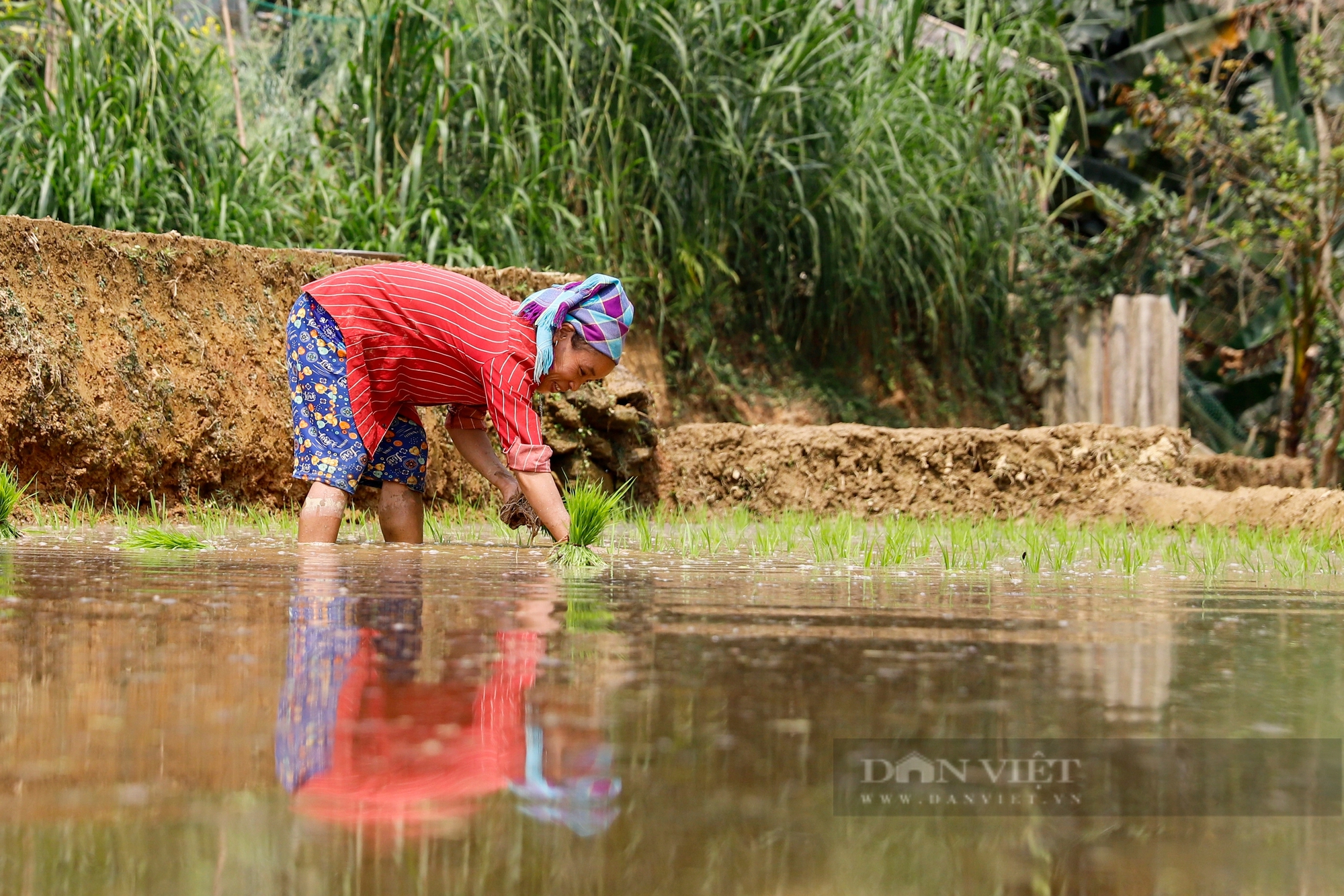
It is known that Ms. Ngoc's family still grows rice to have food. "In the future, I hope to grow my goat and pig herds further to have more capital to build fish ponds. From there, with more money, I will invest in my children's higher education to escape poverty," Ms. Ngoc said excitedly.
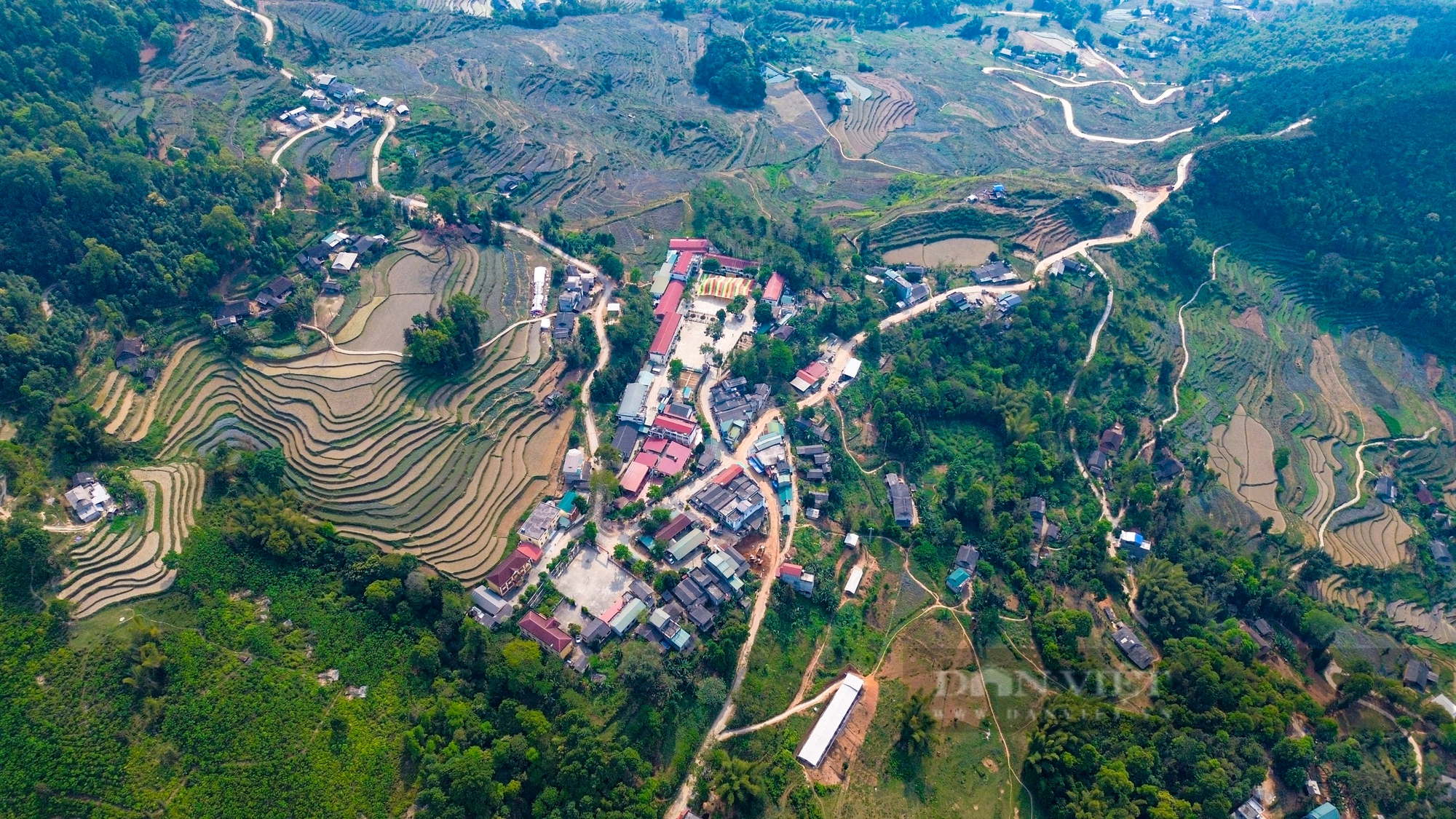
Continuing the journey, we moved to Ta Nhiu commune, Xin Man district to meet more typical examples of changing economic thinking.
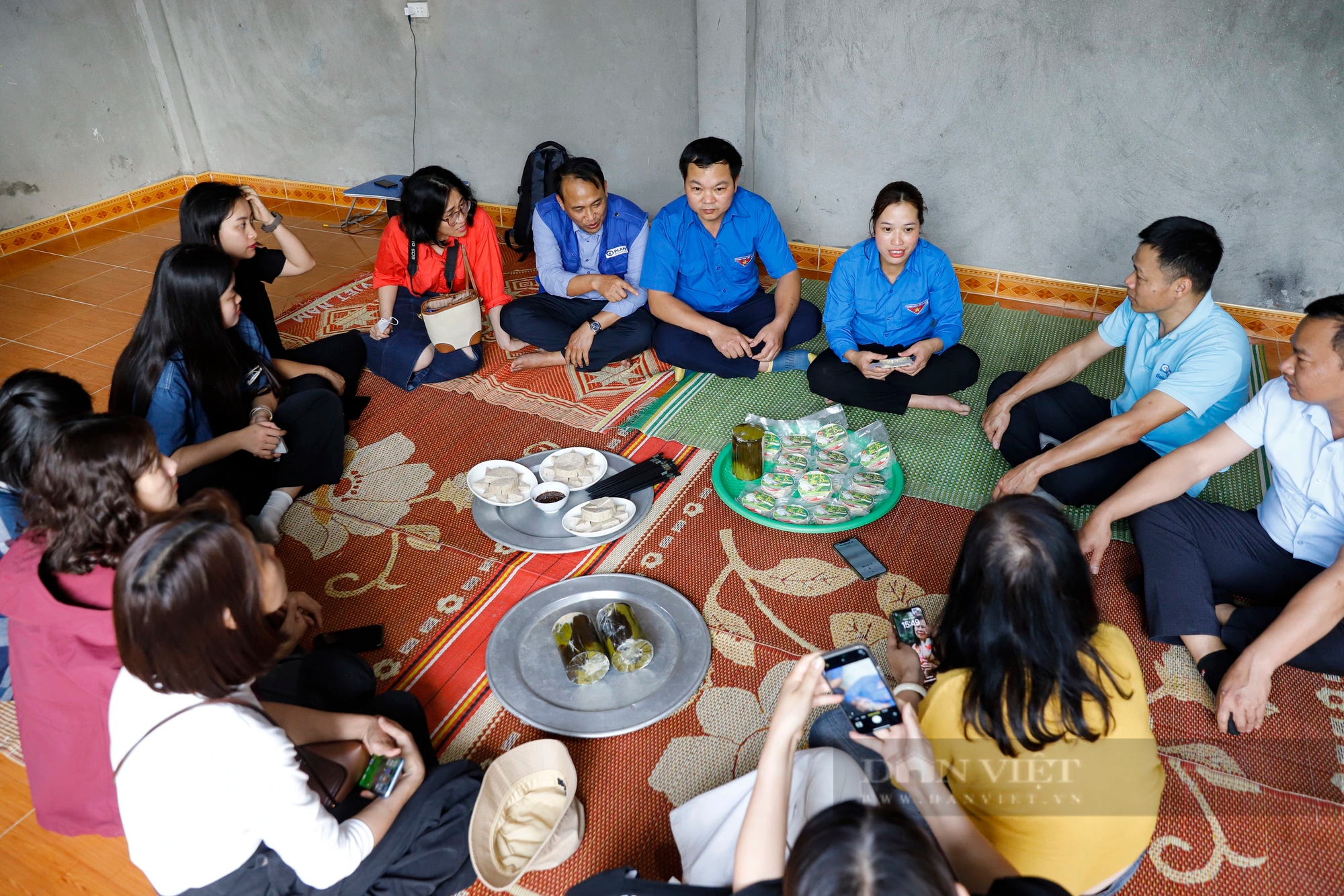
At the household of Ms. Chang Thi Cham (born in 1994, Nung ethnic group), we were amazed by her family's will to overcome poverty with the profession of making black pork sausage.
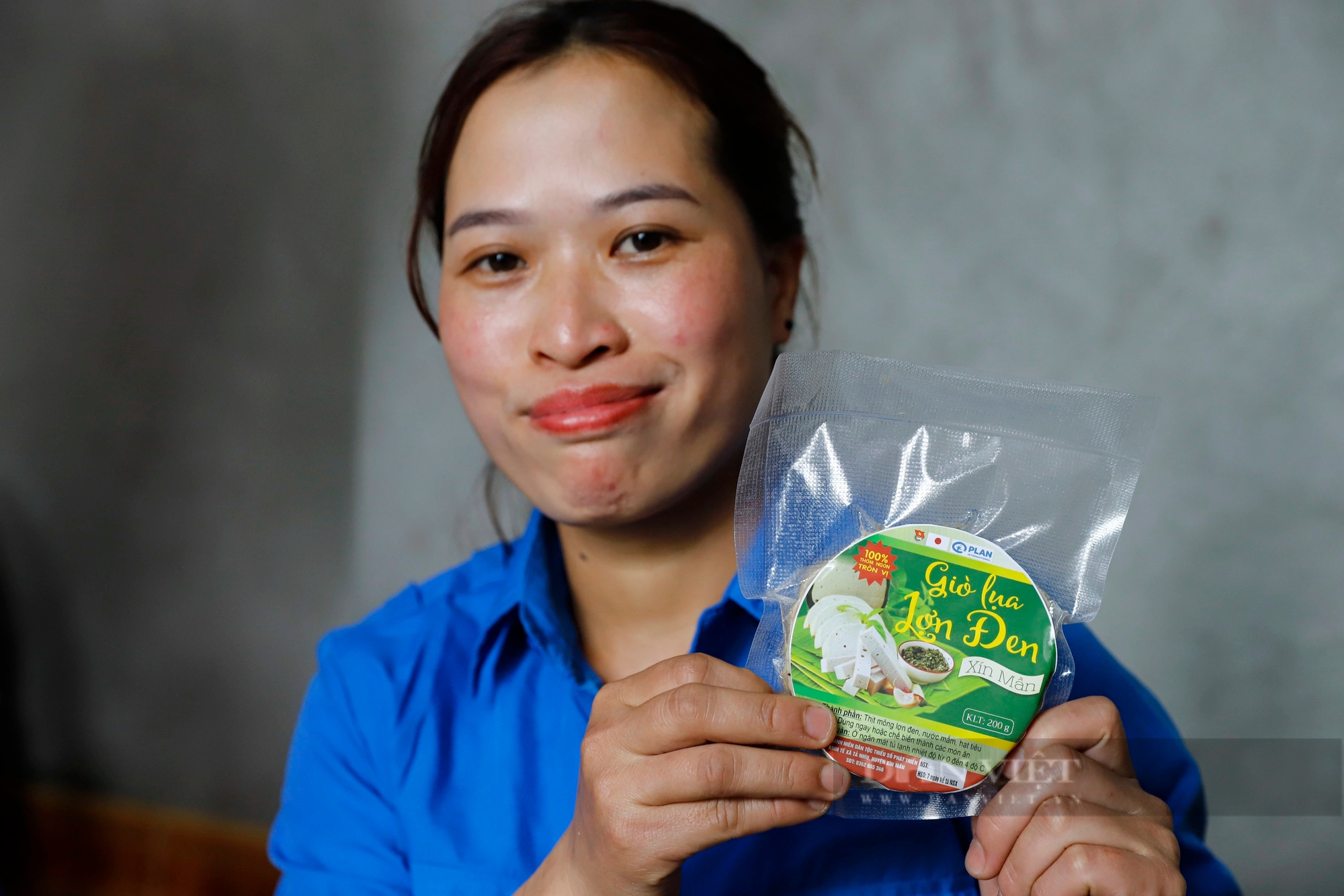
According to Ms. Chang Thi Cham, she started making black pork sausage in March 2022, after receiving support from Plan International with equipment and machinery to make sausage. "At first, I failed for about 3 consecutive months in making sausage. The batches of sausage I made were like bean curd. After finding the recipe and making it successfully, I sold it and built my own brand channel," Ms. Cham affirmed.
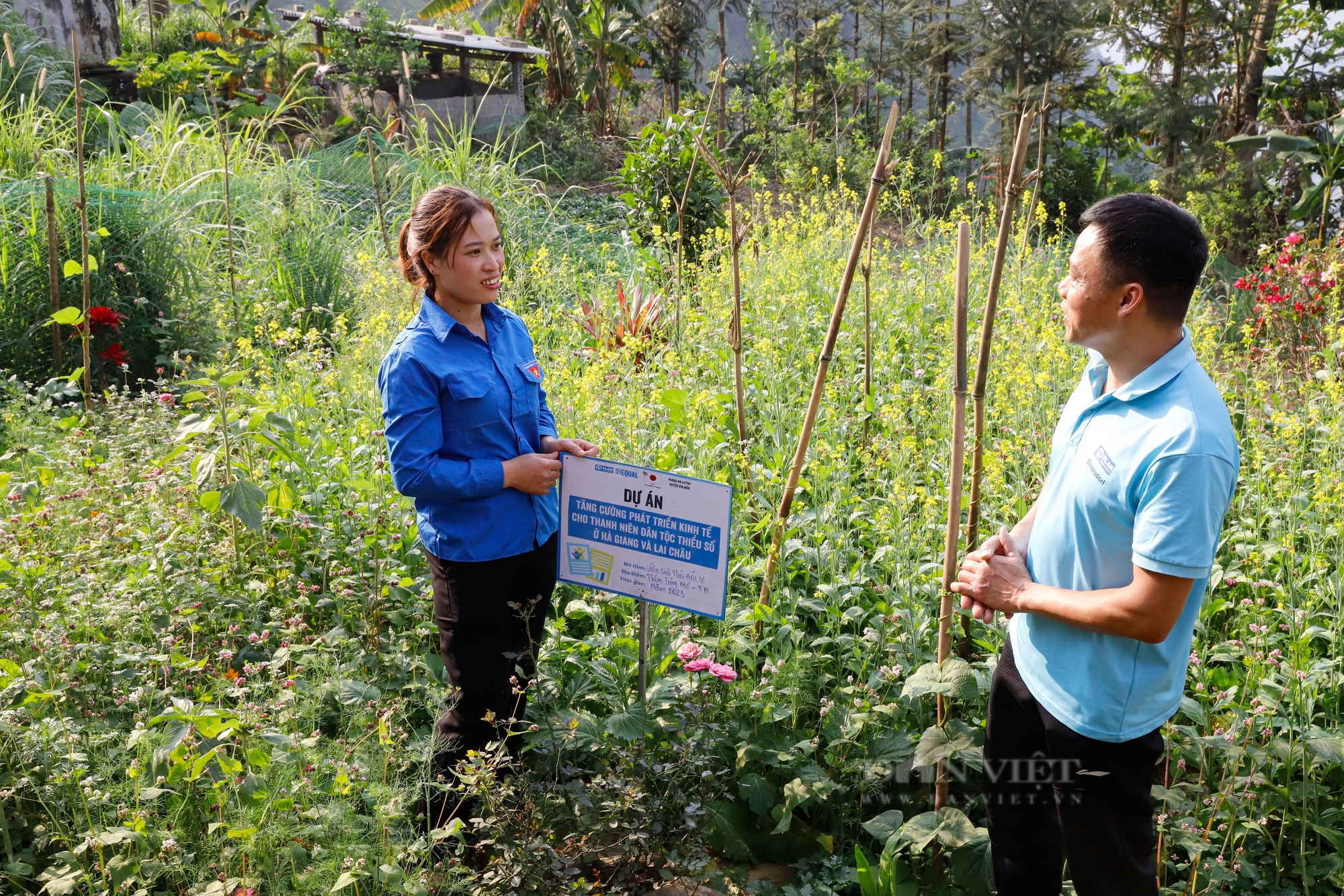
In addition, Ms. Cham also made organic vegetable models for her family to use and as a model for sightseeing, learning, and sharing experiences with other local households.
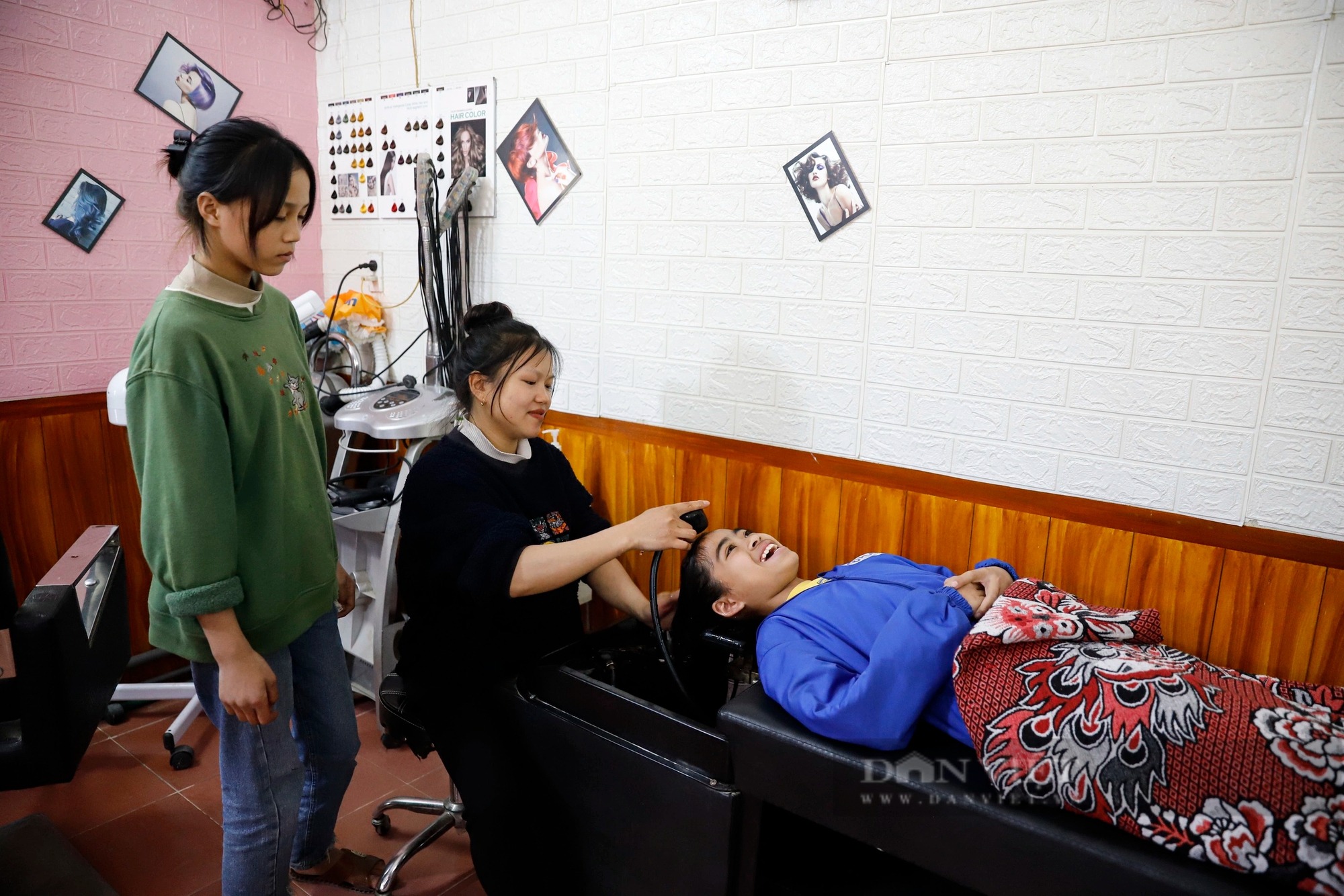
Moving to Chien Pho commune, Hoang Su Phi district, in the 2-storey house located right in the center of the commune, the family of Ms. Nung Thi Don (born in 2002, Nung ethnic group) is always filled with laughter revolving around the story of coming from the highlands to the capital to learn hair cutting and shampooing and opening the only shop in the commune.
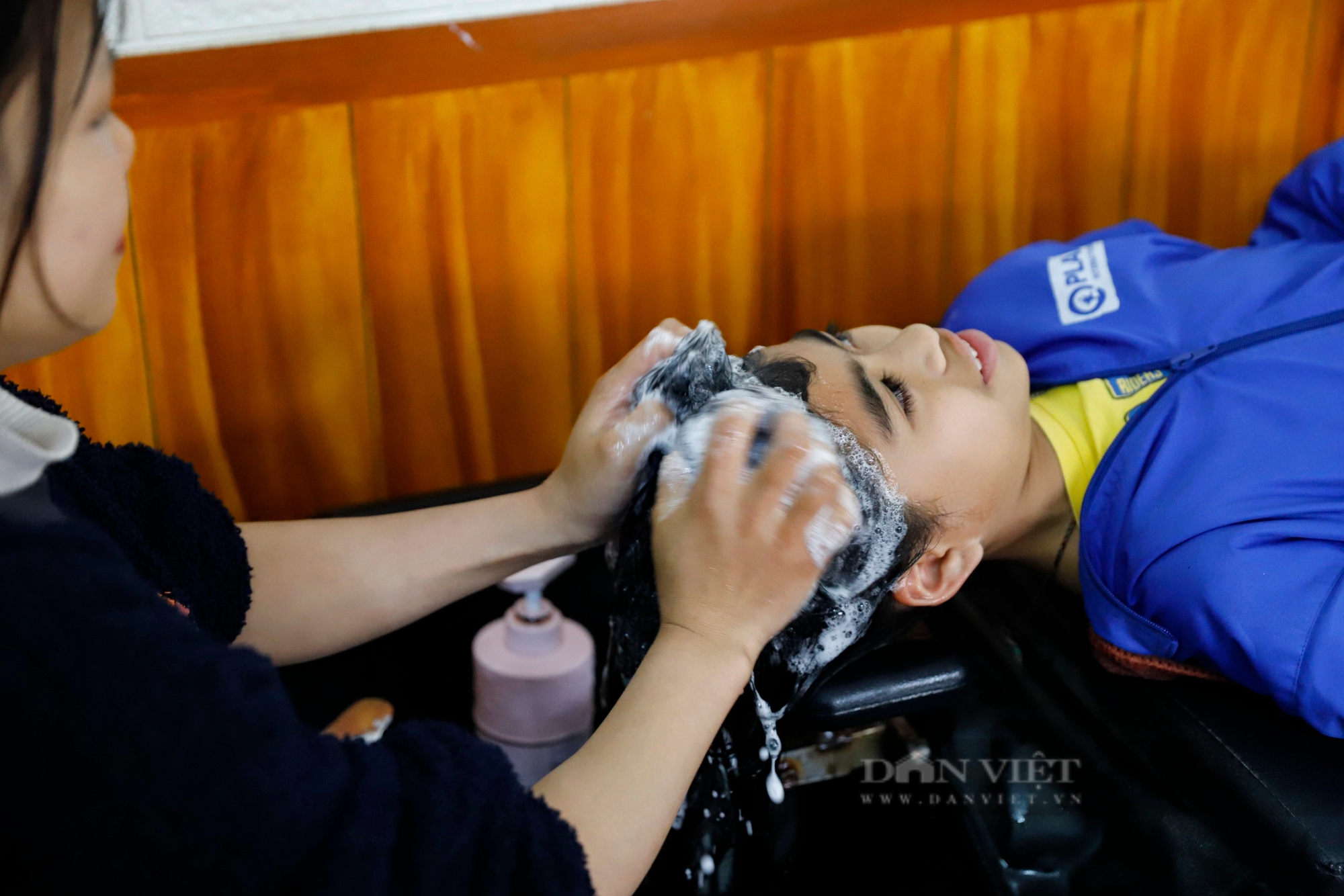
While washing her hair, sharing and passing on her profession to the next generation, Ms. Don told PV Dan Viet: "After finishing high school, I went to study hairdressing in Hanoi under the project to strengthen economic empowerment for ethnic minority youth of Plan International. After working in the locality for 2 years, I got married. Now my life is stable, poverty no longer haunts me."
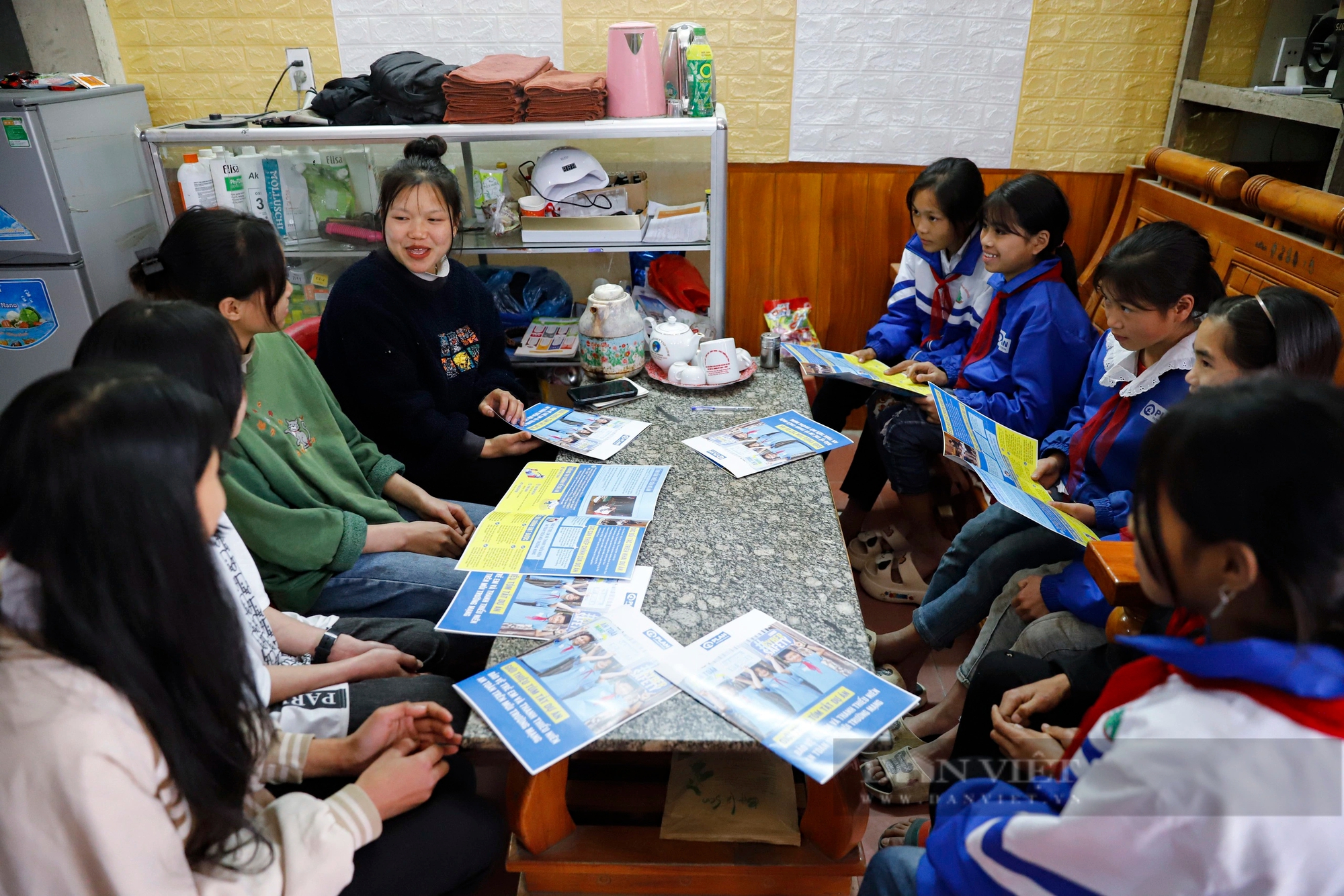
Currently, every afternoon after school, many secondary school students come to Ms. Don's house to listen to her sharing about future career orientation as well as the prevention of early marriage and incestuous marriage. Typical examples of development in poor border districts such as Xin Man, Hoang Su Phi (Ha Giang province) have actively contributed to eliminating backward customs, pushing back poverty and building modern new countryside and civilized farmers.
Pham Hung
Source












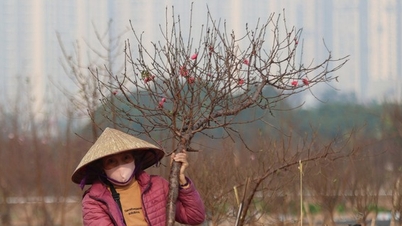








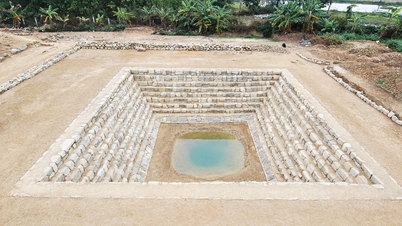














































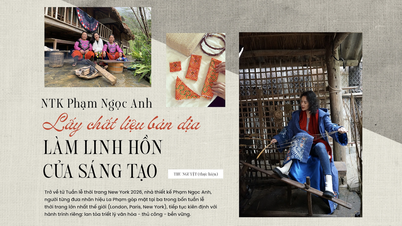


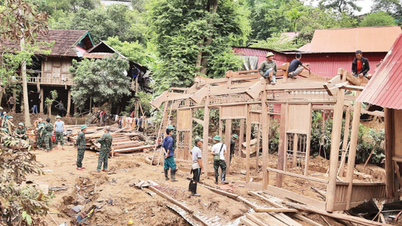















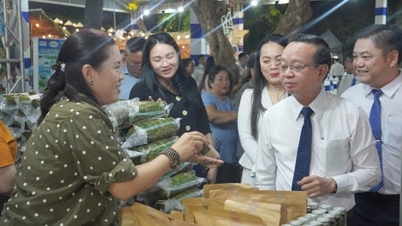










Comment (0)